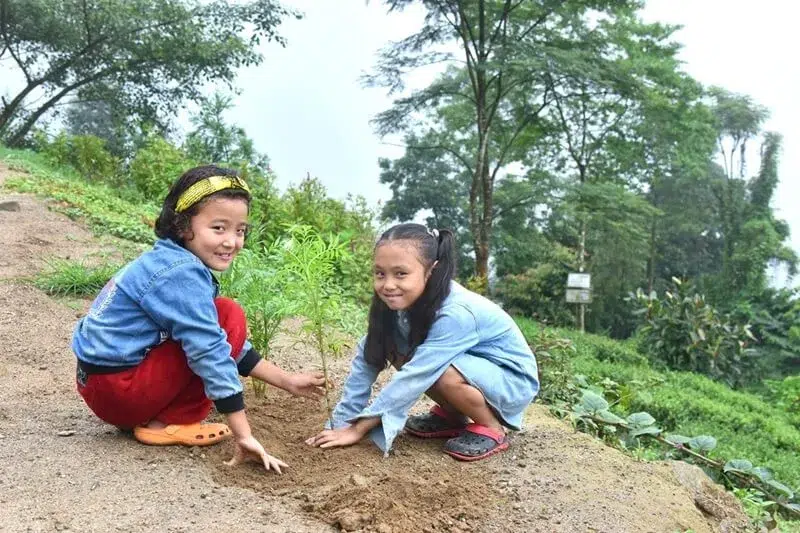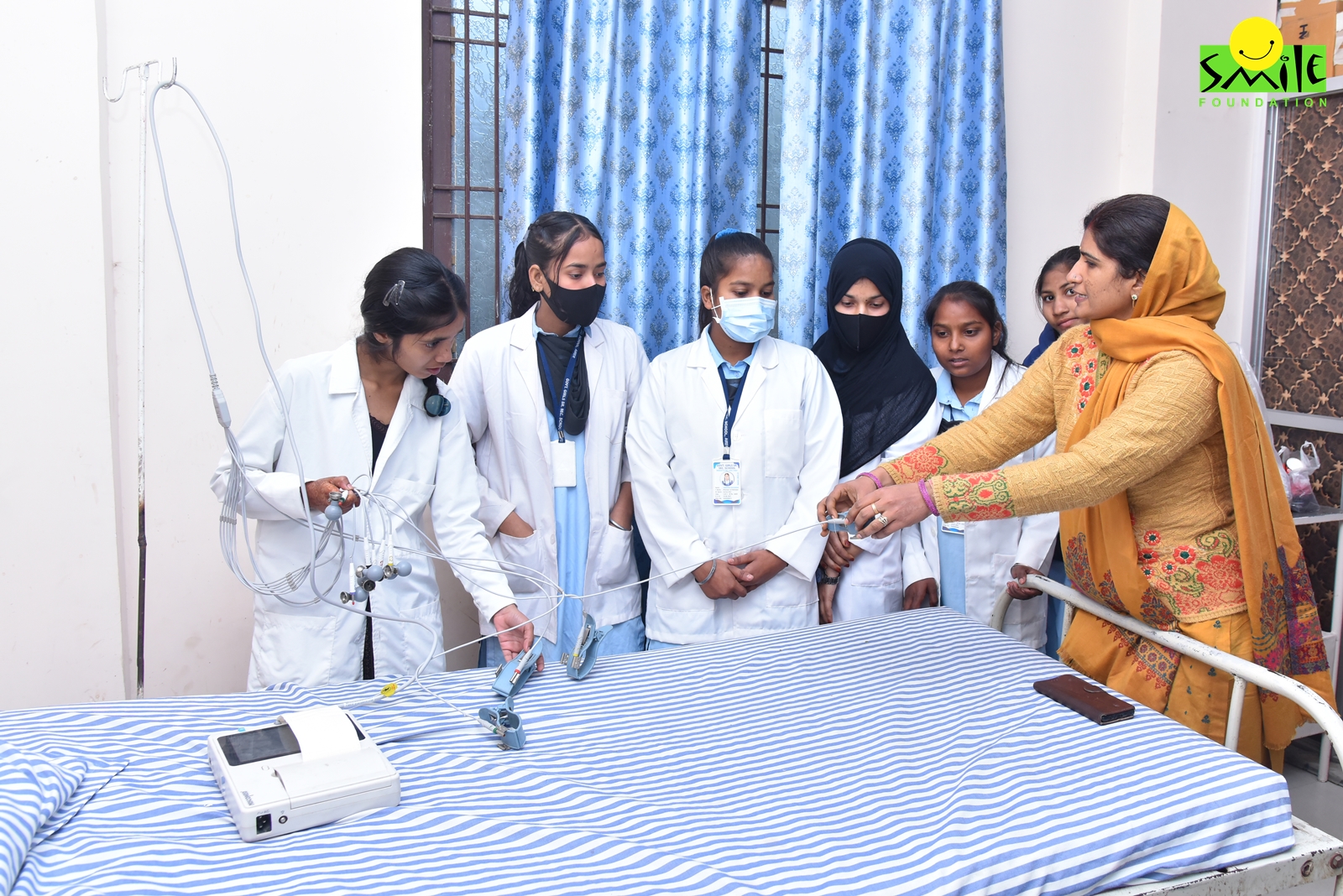In times marked by rising temperatures, extreme weather events, and the visible impacts of climate change, the urgent need to raise environmentally conscious individuals has never been more critical. From the melting polar ice caps to devastating wildfires and erratic weather patterns, the effects of climate change are palpable across the globe.
As we witness these tangible consequences of climate change, the importance of quality education becomes evident in shaping informed, compassionate, and proactive individuals who are equipped to address the challenges posed by a rapidly changing environment.
The frequency and intensity of heatwaves and droughts in India are on the rise, leading to severe consequences for agriculture, water resources, and vulnerable populations. Through quality education, students can explore the scientific principles behind these phenomena, fostering an understanding of the interconnectedness between human activities and climate patterns.
Importance of Education in creating Climate-conscious adults
Quality education, starting from the early years, lays the foundation for a child’s understanding of the world around them. By integrating environmental education into the curriculum, young learners can develop a profound appreciation for nature and comprehend the delicate balance that sustains life on Earth. Early exposure to concepts of sustainability, conservation, and climate science can foster a lifelong commitment to environmental responsibility.
Here are some of the important ways in which quality education positively influences children, fostering their development into climate-conscious adults.
- Hands-On Experiences and Practical Learning: Quality education involves hands-on experiences that allow children to actively engage with environmental issues. Schools can create eco-friendly initiatives such as tree-planting drives, waste reduction programmes, and nature excursions. These experiences deepen the connection children feel with nature and empower them to become advocates for sustainable practices.
- Fostering Critical Thinking Skills: Education goes beyond rote learning- it involves fostering critical thinking. Quality education prompts students to analyse the root causes of environmental issues, understand the impact of human actions, and explore innovative solutions. Critical thinking skills enable children to challenge unsustainable practices and contribute to the development of eco-friendly alternatives.
- Holistic Understanding of Environmental Interconnectedness: Quality education nurtures a holistic understanding of the interconnectedness between human activities and the environment. Children should be encouraged to explore real-world environmental issues, fostering a sense of responsibility for the impact of human actions on the planet.
- Cultivating a Lifelong Commitment to Sustainability: By integrating sustainability concepts into the curriculum, quality education cultivates a lifelong commitment to environmental responsibility. Early exposure to the principles of conservation, resource management, and climate science instills a sense of duty toward protecting the planet.
- Empowering Individuals to Drive Change: The impact of quality education extends well into the future as informed and empowered individuals are more likely to make sustainable choices in their personal and professional lives. This empowerment contributes to broader societal and policy changes, creating a ripple effect that significantly influences global efforts in combating climate change.
Conclusion
In conclusion, the transformative power of quality education in nurturing climate-conscious adults cannot be overstated. Early exposure, hands-on experiences, critical thinking, and a focus on long-term positive effects are integral components of an educational framework that empowers children to become responsible stewards of the environment. As we strive to build a sustainable future, investing in the education of our children emerges as a cornerstone for fostering a collective commitment to preserving the planet for generations to come.









